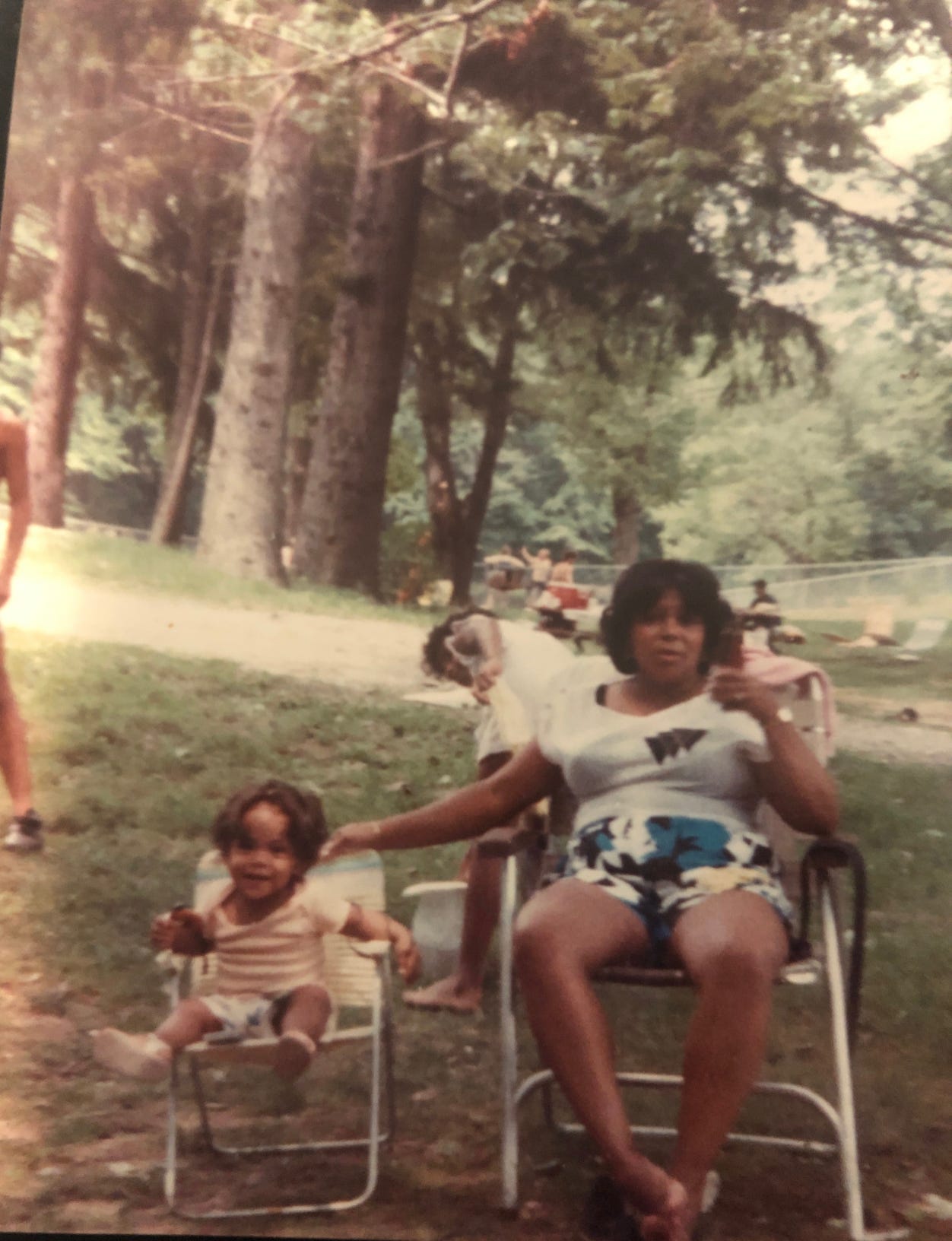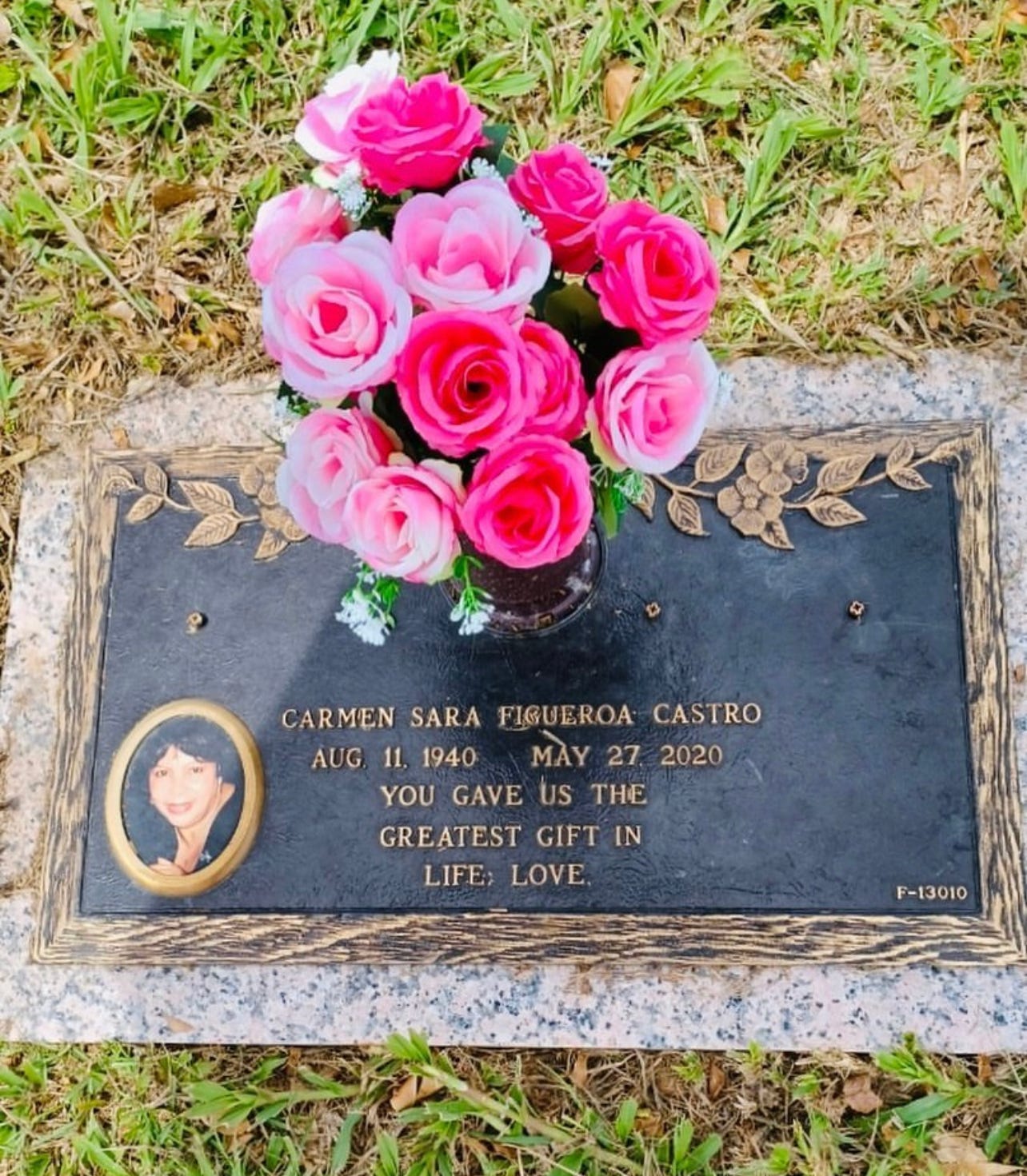In Hispanic Families, Abuelas are Everything
A brief overview of the family factor and influence in the Hispanic culture
The Significance of Abuelas
In Hispanic culture, abuelas are the stitching in the family tapestry, weaving together religion, language and a deep connection between generations. Abuelas are the epitome of love and in the same breath the epitome of authority - ensuring a family’s traditions and culture are passed down to the next generation. They are the critical pillar in the family structure, always giving and providing everything from a place to call home to a meal that can heal the soul to consejos to help during tough times. In essence, without abuelas, the family bond is fragile and in most cases, nonexistent, impacting the overall family dynamic, health and longevity.
According to the Pew Research Center, 27% of Hispanics in the U.S. live in multigenerational homes. With historically larger families, it is common to be raised in an household comprised of abuelos, abuelas, tias and tios. In the United States, the average Hispanic family consists of 3.87 individuals, as opposed to the national average of 3.19. The multigenerational home can be said to be the root of family values in the Hispanic family structure - an early indicator of a child’s positive social emotional and cognitive development. According to the CDC, Hispanics in America live longer than Black and non-Hispanic white people because of their familial bond.
In an interview with Public Relations Society of America, Yvonne “Bonnie” Garcia, a multicultural agency owner, author, and former director of Hispanic Marketing for Coca-Cola North America said, “The grandma is the center of the family. Nothing happens in that nucleus without grandma being in the center of it all.” She continued, “That grandma influence is stronger with multicultural consumers. Whether she’s a Black, Brown, or Asian grandma — there’s a respect that multicultural consumers have for the matriarch of the family. And that respect never dies. It continues from generation to generation as part of our cultural DNA.”
In recent animated films like “Coco” - a portrayal of a Mexican family experiencing the loss of their abuela through the storytelling of Día de los Muertos - and “Encanto” - a Colombian family struggling to maintain their traditions through the standards of the abuela - the significance of the abuela is emphasized to reflect the dynamic of the family bond. There’s no family without abuela.
The Significance of my Abuela
Today, marks the third anniversary of my abuela’s death.
Although, she passed in 2020 after contracting COVID, my abuela, to me, passed long before the pandemic.
Growing up, she was the pillar of our family - teaching us about the culture of the island, ensuring we understood and spoke the language of our people (refer to my recent article on multilingualism: I am. Yo Soy.), and remained as the safe haven for all family members.
Her home was our comfort when life became too hard. She was fierce, compassionate, religious, gracious, a jokester, a dancer, a lover of home cooked meals and the pinnacle of a survivor.
But around 2011, my abuela - still living independently in Brooklyn, New York -started to forget things.
She forgot where she left her house keys.
She began to make multiple trips to the bank forgetting she had already done so earlier in the day.
She forgot to take her medication and throw out the ones that were expired.
And soon after, she started to forget how to get back home after church - putting the entire congregation in high anxiety.
A year later, my abuela was uprooted from Brooklyn and moved to Massachusetts with her daughter, my mother, to be taken care of.
The time passed quickly and her illness advanced just as fast. She soon started to forget names, family members, her home, her daughter, why she lived in Massachusetts and not Brooklyn, her great granddaughters, her church family, her sisters, her son and ultimately, me.
After a hip injury that left her immobile and too vulnerable for surgery, my abuela spent her final years in a rehabilitation center - secluded from the world, her family and her culture. Although she forgot our names, she would smile and talk about past memories upon visits - often bringing up her father and her son - my uncle.
But soon, dementia would take away her ability to speak. Her language skills were a thing of the past and she laid in the rehabilitation center non-verbal and immobile.
My abuela was suffering from dementia and it was killing the person I used to know.
Once the glue holding the family together, my abuela was now unable to work her magic to keep the peace. Her condition soon revealed that no one would be able take her place - leaving the family unit broken. It was in these moments I realized the family would shift into a place my abuela tried so hard to avoid.
We were separated by arguments of who was doing too much and who wasn’t doing enough. We were separated by views of who could have access to her. We were separated by secrecy and constant withholding information of her condition to other family members. We were even separated by what to do when the dreaded time came to bury her.
It was a lot and when she passed on May 27th, 2020, I felt nothing.
She was the person I asked to spend time with throughout my life. The one who taught me to speak Spanish. My go-to for all life complaints and all requests for food recipes. The one I traveled the East Coast with multiple times in my life. She was the one who always reminded me that she was proud. She was the one I watched novelas and Sabado Gigante with on the weekends. The one I let braid my hair even though I thought it was ugly. She was my person and when she passed, I felt nothing.
I couldn’t cry. I couldn’t mourn. I couldn’t rationalize the last eight years of her life. And I couldn’t look at my family the same way. For all her suffering, they took it upon themselves to bicker, disagree and cause more difficulties.
With the pandemic in full swing, my abuela was cremated - another family argument - and a year later, the entire family flew to Puerto Rico to bury her alongside her father’s burial site and other immediate family that passed before.
It wasn’t until the day of her burial that I cried uncontrollably. From the moment I stepped into the family church in Puerto Rico to the moment I planted sunflowers on her grave, I cried. I knew that my family would never be the same and I knew that I would have to fight hard to keep my kids filled with great memories of her for days to come.
Carmen Sara Figueroa was truly one of the greats and I hope she knew that she gave us the greatest gift in life: love.
To abuela, you were everything.






Carmen Sara is a beautiful name and obviously a woman with great impact. You are carrying her forward. Thanks for sharing your families story. Sue